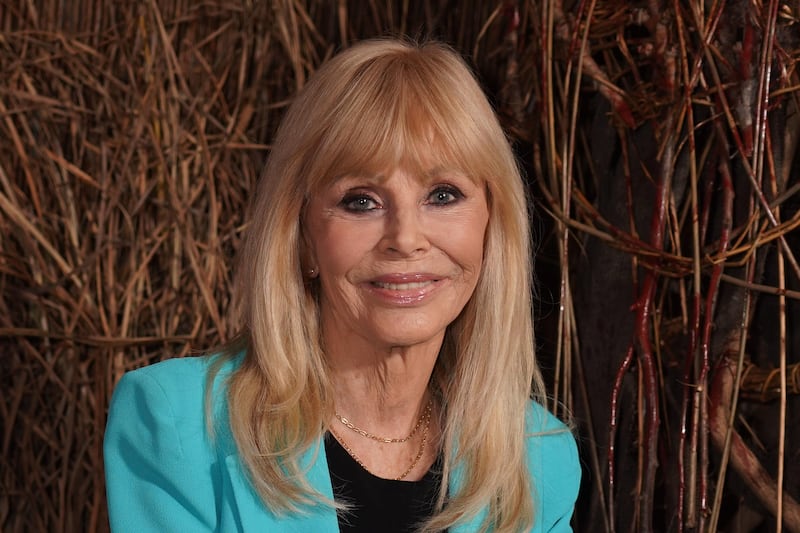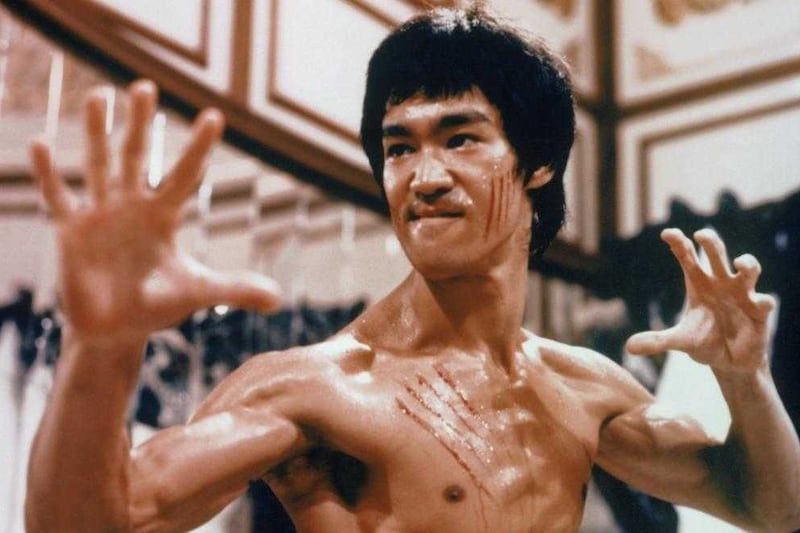DIRECTOR Robin Hardy, who passed away aged 84 last week, will forever be associated with The Wicker Man. That oddball, folk horror musical – for really that is the only way to describe it – first appeared on cinema screens in 1973, as the bottom half of a double bill with Don’t Look Now would you believe, and it has been beguiling, bewildering and bewitching audiences ever since.
The tale of an uptight policeman (Edward Woodward) who travels to the Scottish island of Summerisle to investigate the case of a missing child only to find his efforts hindered at every turn by the resolutely pagan natives, it remains a movie unlike any made before or since.
A film originally beset by ill fortune and mismanagement, it received something of a re-birth in the 1990s when it reappeared in a director-endorsed longer cut. Before that it had emerged on muddy VHS copies that could only hint at the full blown beauty of the film in its original form.
Suddenly, with Hardy’s erudite blessing, it was back as the film-maker had wanted it and ready to weave its creepy, pagan power over a whole new generation. I include myself in that number and since that first viewing I have remained a devotee of the film and its weird and wonderful charms. Like a bad dream that nags at you, it burrows deep into your head.
Watching it for the umpteenth time via another late night TV screening recently, I again marvelled at its complete and utter cinematic oddness. There is a dreamlike quality to the film that reels you in every time, an otherworldly vibe that intrigues continuously.
There are famous sequences to savour, such as the landlord’s daughter Britt Ekland performing an erotic dance to tease and entrance Woodward’s virginal Sergeant Howie but the real magic lies in the more mundane moments. It’s there in the pickled human organs that appear on the corner shop shelves and there in the phallic flowers that adorn the beautifully shot Scottish countryside.
Everything is slightly off kilter and Hardy plays on the strangeness from beginning to end, revelling in the whole uneasy mix with real glee.
Then there’s the magic of Paul Giovanni’s immaculately conceived songs to be considered. Some jaunty, some bawdy and some just downright disturbing, they soundtrack carefully choreographed dance sequences that add to the film’s deliberately unreal and witchy folk atmosphere.
It’s a film loaded with brilliant individual performances as well. From Christopher Lee’s strangely mesmerising Lord Summerisle, with his wildly billowing wig, mustard roll neck and crisp dialogue – “Cut some capers man!” he bellows at the underperforming jester during a ritualistic parade – to Woodward’s deranged screaming of the Lord’s Prayer as he is led to his horrific fate at the film's cliffside denouement, this is no ordinary tale of terror and these are no ordinary horror performances.
Hardy may not have created much else of note during his time behind a camera but here he crafted something undeniably magical.








